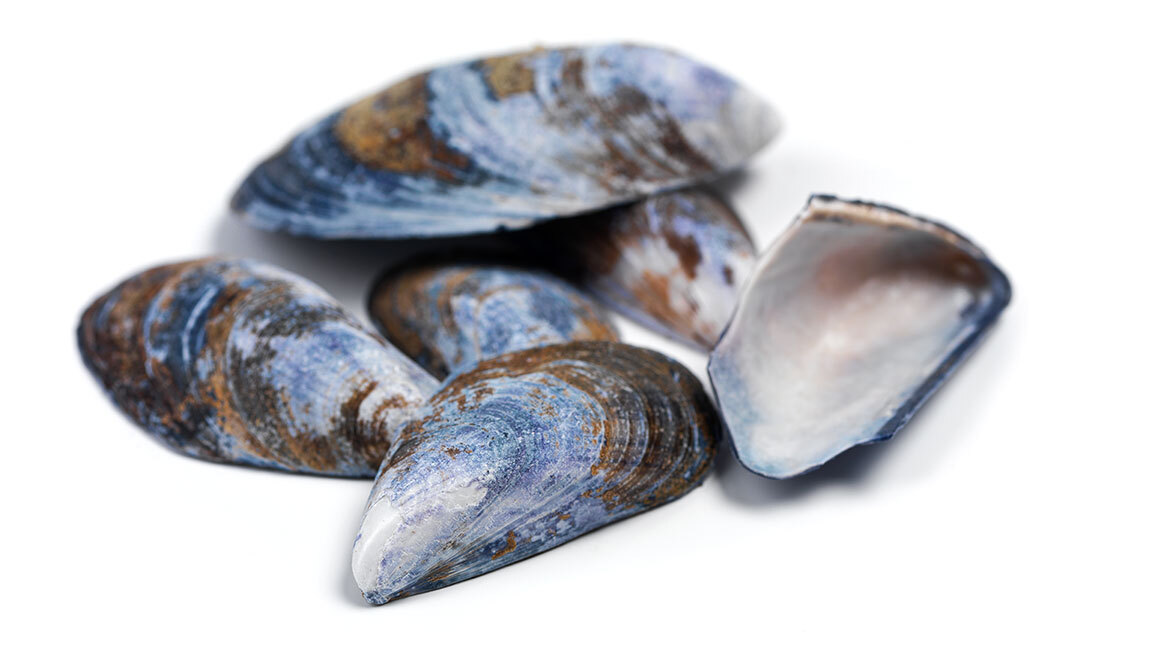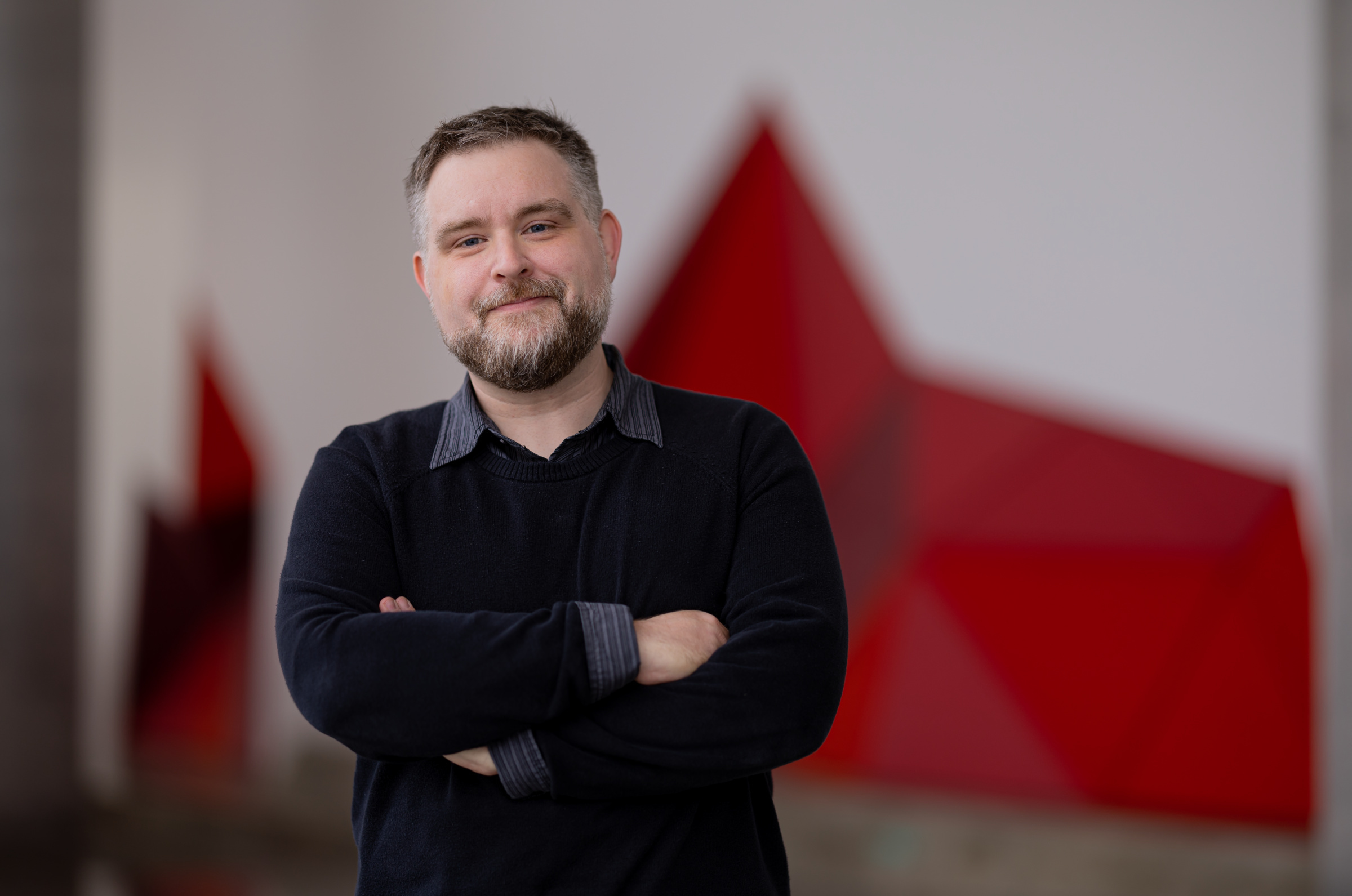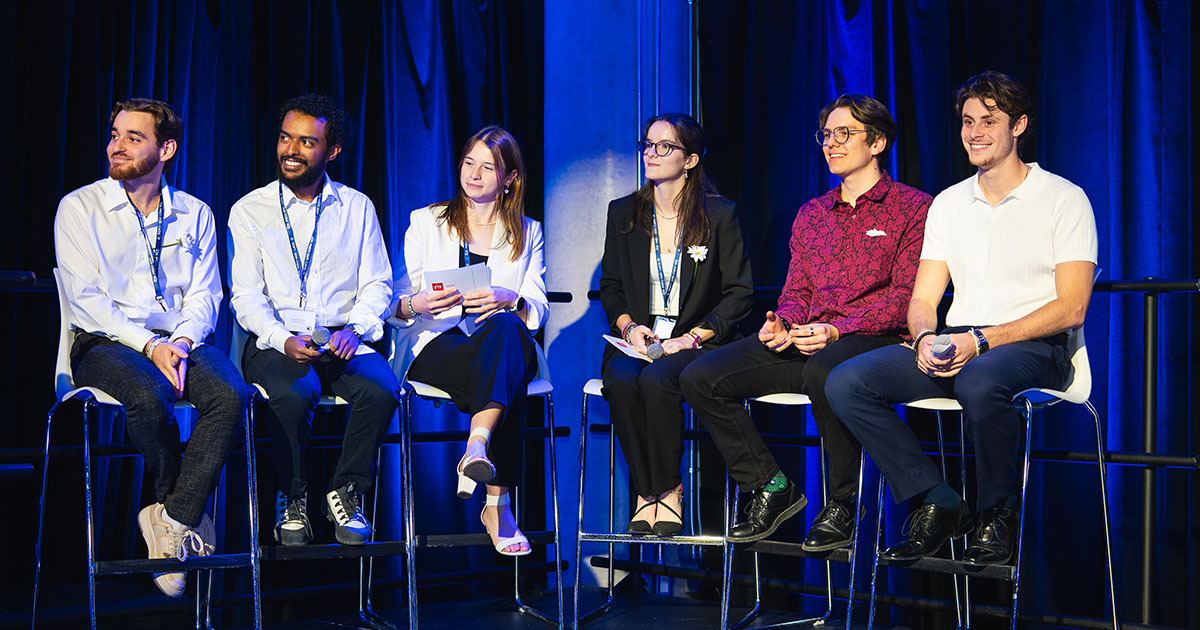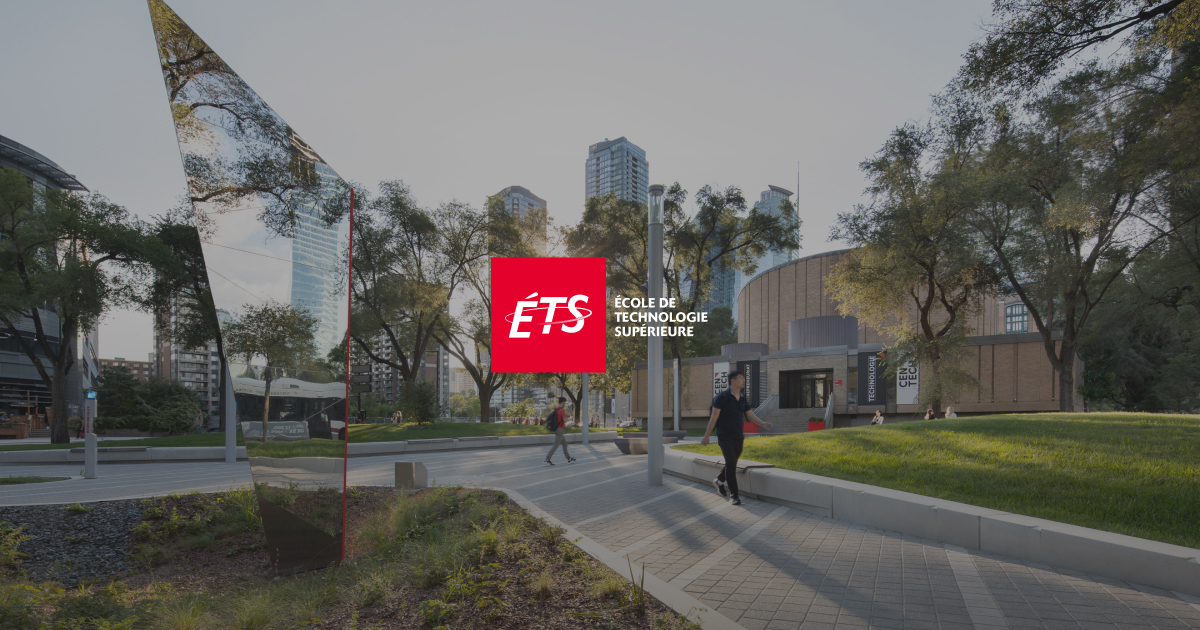In Pursuit of Homo Toxicus!

Purchased from Gettyimages. Copyright.
An Ecotoxicologist and Teaching Professor of Chemistry at ÉTS, Marc Fraser specializes in the study of environmental contaminants and their impact on human and animal health. Through his study of blue mussels, the researcher was able to analyze the effect of heavy metals on human development.
From Chemist to Toxicologist
A native of New Brunswick, Marc Fraser has been interested in the environment from a very young age, more specifically in environmental contamination. And chemistry is the best field when it comes to studying the transformation of matter. Holding bachelor’s and master’s degrees in chemistry from the University of Moncton, Marc focused his work on the presence of heavy metals in the Baie des Chaleurs area. The researcher was concerned by the fact that local residents ate mussels and lobsters from the Bay. What was the impact of these contaminants on their health?
While pursuing his PhD in biology Marc turned to toxicology. He wanted to understand the effects of heavy metals on the human body. He was awarded a grant to join a research team headed by Professor Cathy Vaillancourt at the Institut national de la recherche scientifique de Centre Armand-Frappier Santé Biotechnologie de Laval. The aim was to demonstrate the involvement of environmental factors in the development of the placenta, specifically the serotonin system.
From Blue Mussel to Human Placenta

ÉTS Teaching Professor Marc Fraser
“Blue mussels and humans share a certain similarity in the way they integrate serotonin,” explains the toxicologist. In shellfish, serotonin regulates egg-laying and sexual differentiation. In humans, this neurotransmitter is an essential factor in heart and brain development. However, in the first trimester, the fetus is unable to produce its own serotonin. It is the mother who supplies this chemical mediator via the placenta. Studies show that metals, particularly lead, block the serotonin transporter called SERT. “This deficiency can impair the baby’s growth and lead to problems such as ADHD,” Marc Fraser points out.
In 2016, Mr Fraser earned his PhD in biology, specializing in toxicology and pharmacochemistry from the Institut national de la recherche scientifique de Centre Armand-Frappier Santé Biotechnologie. He continued his research during his postdoctoral internship in the Grassy Narrows indigenous community of Northern Ontario. This community had been exposed to mercury since a major spill occurred in their aquatic ecosystem in the early 1960s. The research team was headed by Donna Mergler, Neurophysiologist and Professor Emeritus at the Université du Québec à Montréal, and Myriam Fillion, Professor of Environmental Science at TELUQ University. They were gathering data on the multigenerational impact of exposure to this neurotoxic poison. The researchers confirmed the link between the river’s mercury contamination and the very high suicide rate in the Grassy Narrows community.
“If you take blood samples from any human, anywhere on the planet, you’re going to find traces of contaminants,” notes Marc Fraser. This finding motivates the researcher to pass on what he has learned to new generations of engineers.
A Toxicologist at ÉTS
Marc Fraser has been teaching chemistry since 2007, first at the University of Moncton, then at the New Brunswick Community College. In the summer of 2023, he landed a position as Teaching Professor in the General Education Department at ÉTS. The institution wanted to expand its environmental component. As a chemist and ecotoxicologist, the new recruit has an expertise that can only enrich the thinking of future engineers. “We must always keep in mind the impact of engineering projects on fauna, flora and humans,” says Professor Fraser.
Because the question increasingly arises: Is Homo Toxicus in the process of changing its own species? For Marc Fraser, the answer is obvious.



